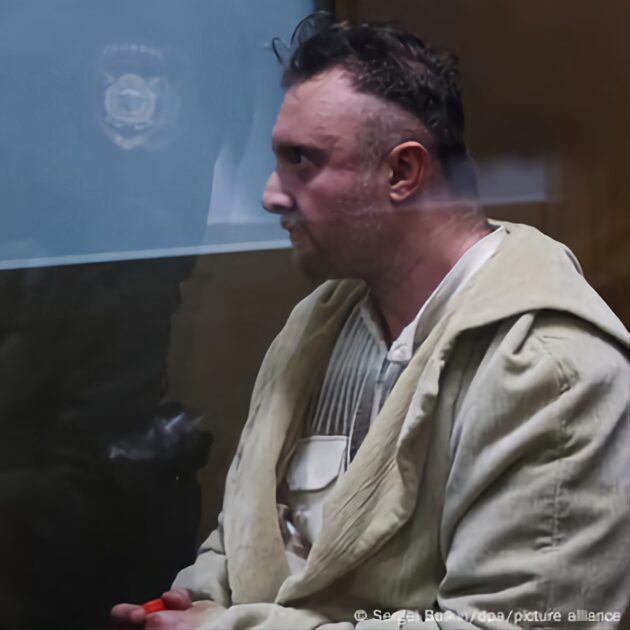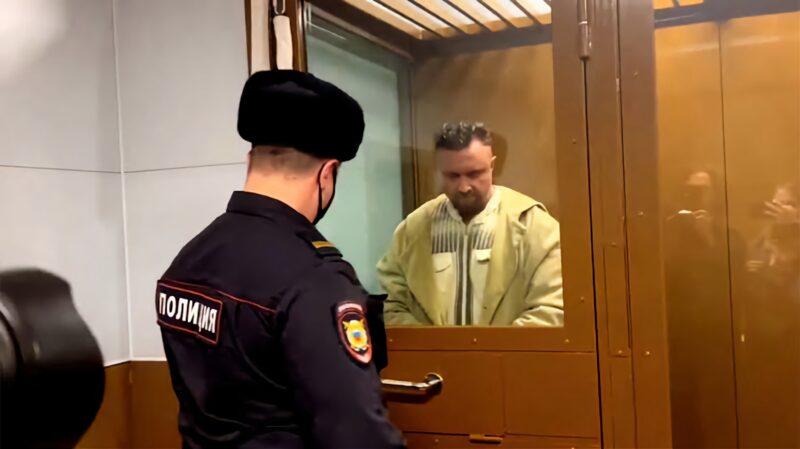In A reflection of the perilous situation for LGBTQ+ individuals in Russia, Andrei Kotov, the owner of a gay travel agency, was found dead in police custody on December 30, 2024
In a chilling reflection of the perilous situation for LGBTQ+ individuals in Russia, Andrei Kotov, the owner of a gay travel agency, was found dead in police custody on December 30, 2024. His death has been officially reported as a suicide; however, the circumstances surrounding it have raised significant concerns about the treatment of LGBTQ+ individuals under Russia’s increasingly oppressive regime.
Background
Andrei Kotov was the proprietor of Men Travel, a travel agency that catered specifically to LGBTQ+ clients. His arrest in October 2024 came amid a broader crackdown on LGBTQ+ rights in Russia, where President Vladimir Putin’s administration has intensified its anti-LGBTQ+ policies. Kotov was charged with “organizing extremist activity,” a designation that has become increasingly common as the government seeks to suppress any form of LGBTQ+ advocacy or support.
The legal framework surrounding these charges stems from a 2023 ruling by Russia’s Supreme Court, which classified LGBTQ+ organizations and advocacy as “extremist.” This ruling has effectively criminalized any activities associated with the LGBTQ+ community, making it dangerous for individuals like Kotov to operate businesses or engage in activism.
Following his arrest, Kotov reported severe mistreatment at the hands of law enforcement. He alleged that he was subjected to physical abuse, including beatings and electric shocks, during his detention.
Despite his claims of innocence and his insistence that he had done nothing wrong, Kotov was held in pretrial detention at the Vodnik facility in Moscow. His situation drew attention from human rights organizations, which have been monitoring political arrests and abuses in Russia. OVD-Info, a prominent group dedicated to documenting such incidents, reported on Kotov’s case and highlighted the risks faced by individuals involved in LGBTQ+ advocacy.

Kotov’s death was officially labeled a suicide by authorities; however, many observers are skeptical of this narrative. Reports indicate that he was found dead in his holding cell with signs of violence on his body, including cuts and bruises. These details have led to widespread speculation about the true circumstances of his death and whether it was indeed a suicide or a result of foul play.
The Russian government’s track record regarding dissenters and critics raises further questions about the reliability of official accounts. High-profile cases like that of opposition leader Alexei Navalny, who faced mysterious health issues while imprisoned.
Anti-LGBTQ+ Crackdowns
Kotov’s death is emblematic of the broader climate of fear and repression faced by LGBTQ+ individuals in Russia. Under Putin’s leadership, there has been a systematic effort to marginalize and criminalize LGBTQ+ communities. Police raids on gay clubs and events have become increasingly common, with patrons arrested under vague charges such as “hooliganism.” The government has fostered an environment where discrimination against LGBTQ+ individuals is not only tolerated but actively encouraged.
The designation of LGBTQ+ advocacy as extremist has created a chilling effect within the community. Many activists have gone underground or ceased their efforts altogether due to fears of arrest or violence.
The news of Kotov’s death sparked outrage among human rights advocates both within Russia and internationally. Activists have condemned the Russian government’s treatment of LGBTQ+ individuals and called for accountability regarding Kotov’s death. Human Rights Watch and other organizations have issued statements demanding thorough investigations into the circumstances surrounding his death and urging global leaders to take a stand against Russia’s anti-LGBTQ+ policies.










Join our Channel...